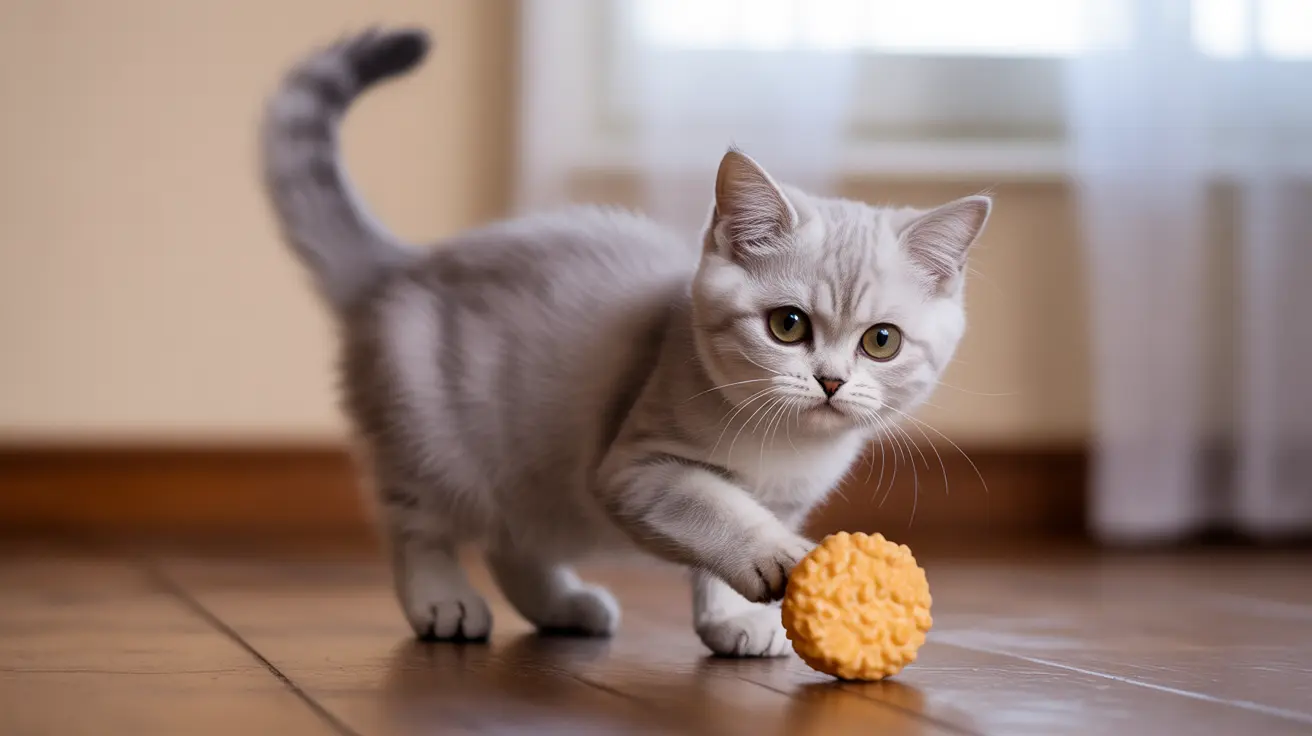If you've ever enjoyed a bag of cheese puffs, you might have noticed your feline friend showing interest in these crunchy snacks. However, before sharing this popular human treat with your cat, it's crucial to understand the potential risks and health implications.
While cheese puffs aren't immediately toxic to cats, they're far from a safe or healthy snack choice for our feline companions. As obligate carnivores, cats require a specific diet that cheese puffs simply don't complement - and could actually harm.
Understanding Why Cheese Puffs Are Unsafe for Cats
Cheese puffs contain several ingredients that can be problematic for cats. The primary concerns include high sodium content, artificial flavors, and processed ingredients that cats' digestive systems aren't designed to handle.
The cornmeal base of cheese puffs is particularly problematic since cats lack the necessary enzymes to properly digest carbohydrates. Additionally, most adult cats are lactose intolerant, making the dairy-based flavoring potentially harmful.
Health Risks Associated with Cats Eating Cheese Puffs
Immediate Health Concerns
When cats consume cheese puffs, they may experience several immediate health issues:
- Digestive upset and vomiting
- Diarrhea
- Excessive thirst due to high sodium content
- Potential choking hazards
Long-term Health Implications
Regular consumption of cheese puffs can lead to more serious health problems:
- Obesity from empty calories
- Dental issues
- Kidney strain from excess sodium
- Potential development of food allergies
What Happens If Your Cat Eats Cheese Puffs?
If your cat manages to sneak a cheese puff, don't panic immediately. Monitor them for signs of distress or unusual behavior. Key warning signs include:
- Excessive thirst or urination
- Lethargy
- Gastrointestinal distress
- Loss of appetite
Safe and Healthy Alternatives for Cats
Instead of cheese puffs, consider these veterinarian-approved treats:
- Commercial cat treats specially formulated for felines
- Small pieces of cooked, plain chicken or turkey
- Freeze-dried meat treats
- Cat-specific dental treats
Prevention and Best Practices
To keep your cat safe from potentially harmful snacks like cheese puffs:
- Store snacks in sealed containers
- Keep human food out of your cat's reach
- Establish healthy treating habits with cat-appropriate snacks
- Limit treats to 10% of daily caloric intake
Frequently Asked Questions
Can cats safely eat cheese puffs or cheese balls as a treat?
No, cats should not eat cheese puffs or cheese balls. These snacks contain inappropriate ingredients including excessive sodium, artificial flavors, and processed carbohydrates that can harm your cat's health.
What are the health risks for cats if they consume cheese puffs?
The main health risks include digestive upset, dehydration from high sodium content, potential choking hazards, and long-term issues like obesity and kidney problems if consumed regularly.
Why are cheese puffs harmful to a cat's digestive system?
Cats are obligate carnivores with digestive systems designed for meat. They lack the enzymes needed to properly process the carbohydrates, artificial ingredients, and dairy compounds found in cheese puffs.
What symptoms should I watch for if my cat eats cheese puffs?
Watch for signs of digestive upset (vomiting, diarrhea), excessive thirst, lethargy, and unusual behavior. If these symptoms persist or worsen, contact your veterinarian.
What are healthier snack alternatives to cheese puffs for cats?
Healthy alternatives include commercial cat treats, small pieces of cooked plain meat, freeze-dried meat treats, and specially formulated feline dental treats.
Remember, while it might be tempting to share human snacks with your cat, their health and well-being depend on maintaining a proper feline diet. Always consult with your veterinarian about appropriate treats for your specific cat's needs and health conditions.






